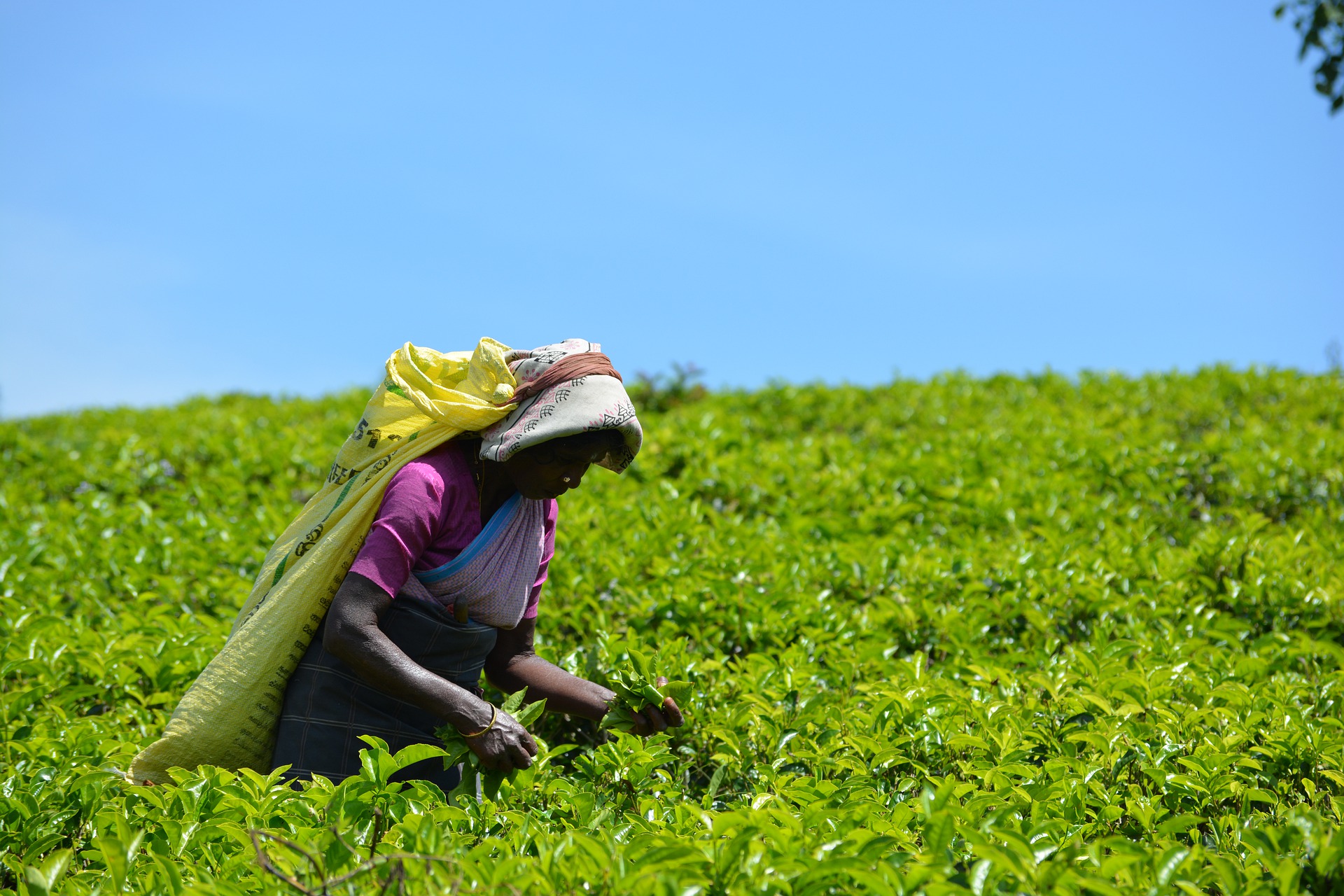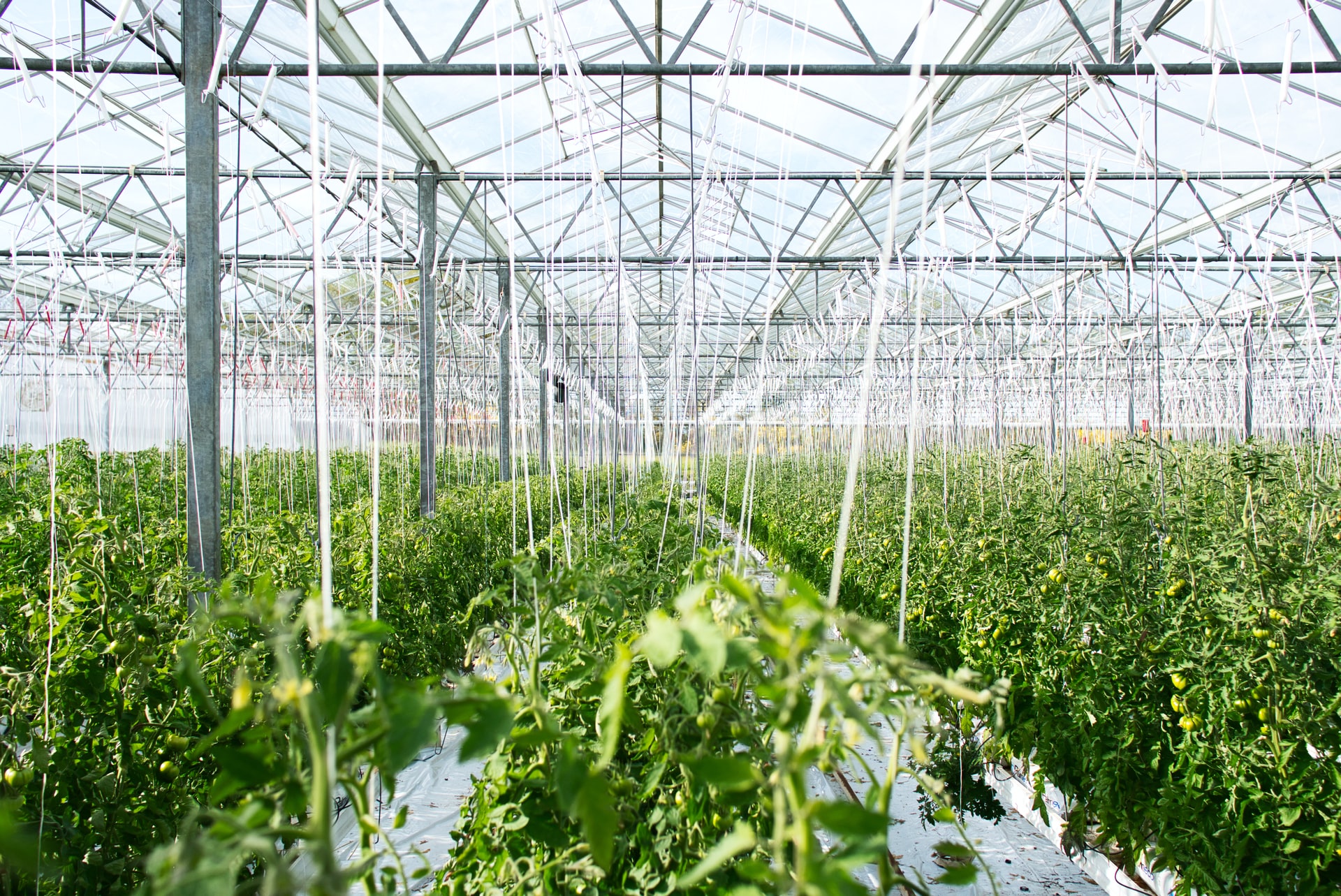Agriculture Food Security Projects
-
Gendered Food Systems Landscape Analysis
Catholic Relief Services Malawi (CRS) contracted Jimat as an independent evaluator for a Gendered Food Systems Landscape Analysis. In this study, the team conceptualized gender as an important lever for progress across all aspects of the food systems. The main objective of this assignment was to analyse the food systems landscape in Malawi The team
-
EVALUATION OF DG ECHOS ACTIONS IN ZIMBABWE

Name: Evaluation of DG ECHO’s Actions in Zimbabwe Year: 2006 Client: DG ECHO Country: Zimbabwe Background: In 2000 ECHO began channeling relief to Zimbabwe to save lives and alleviate the suffering caused by Cyclone Eline. With the onset of a severe and well publicized drought in 2002, ECHO stayed and eventually opened an office in
-
DEVELOPMENT OF INDICATORS AND ELABORATION OF THE INSTITUTIONAL ARRANGEMENTS AND MONITORING AND EVALUATION

Name: Development of Indicators and Elaboration of the Institutional Arrangements and Monitoring and Evaluation System for the Food and Nutrition Security Policy, Year: 2005 Client: Ministry of Agriculture and Food Security, Country: Malawi Background: Objectives: Activities: JIMAT carried out a Study/Action to develop a 3 year Monitoring and Evaluation System for Government of
-
COTTON AND COFFEE SECTOR STUDIES

Name: Cotton and Coffee Sector Studies Year: 2004 Client: EC Country: Zimbabwe Background: The national cotton and coffee sector studies in Zimbabwe were commissioned by the Government of Zimbabwe with funding from the European Commission. Objectives: The overall objective of the studies was to assess the current situation of the cotton and coffee sectors in
-
BASELINE STUDIES FOR THE ALLIANCE FOR A GREEN REVOLUTION IN AFRICA (AGRA)

Name Baseline Studies for the Alliance for a Green Revolution in Africa (AGRA), Year: 2009-10 Client: AGRA Country: Mozambique, Malawi Background: The Alliance for a Green Revolution in Africa (AGRA) was established in 2006 with goals to reduce food insecurity, double the incomes of smallholder families, and assist African countries in the achievement of sustainable
-
ASSESSMENT OF MARKETING AND MARKET INFORMATION NEEDS FOR SMALLHOLDER FARMERS

Name: Assessment of Marketing and Market Information Needs for Smallholder Farmers Year: 2012 Client: Technoserve Zimbabwe Office Country: Zimbabwe Background Smallholder farmers in Zimbabwe face a challenging information deficit. Whether it is information on market prices, weather forecasts, advice on disease or availability of inputs, they have no reliable source for current and accurate information.
-
APPRAISAL STUDY ON LONG TERM CAPACITY BUILDING PROGRAMME

Name: Appraisal Study on Long Term Capacity Building Programme Year: 2005 Client: SADC Regional Food Security Training Programme (RFSTP) Country: Mauritius, Zimbabwe, Botswana, Zambia, Mozambique, Tanzania, Malawi Background: The second phase of the RFSTP was coming to an end and member states had requested a continuation to phase three for the RFSTP. Therefore the RFSTP
-
ALIGNMENT OF SEED POLICIES AND QUARANTINE OF PHYTOSANITARY MEASURES FOR SEED

The Harmonized Seed Security Project (FARNAP-HASSP) was developed through a consultative process and represents a direct response of the member states of SADC to low availability and limited access by farmers in the region to key agricultural inputs. FARNAP piloted the project in four countries including Zimbabwe. The overall objective of the project is to
-
10th European Development Fund Identification Study for Agriculture and Food Security Sector

Name: 10th European Development Fund Identification Study for Agriculture and Food Security Sector Year: 2009 Client: EC Country: Malawi Background: For the 10th European Development Fund, the Government of Malawi and the European Union agreed on General Budget Support as a priority area of support together with two focal areas: (a) Agriculture and Food Security; and (b) Regional Integration